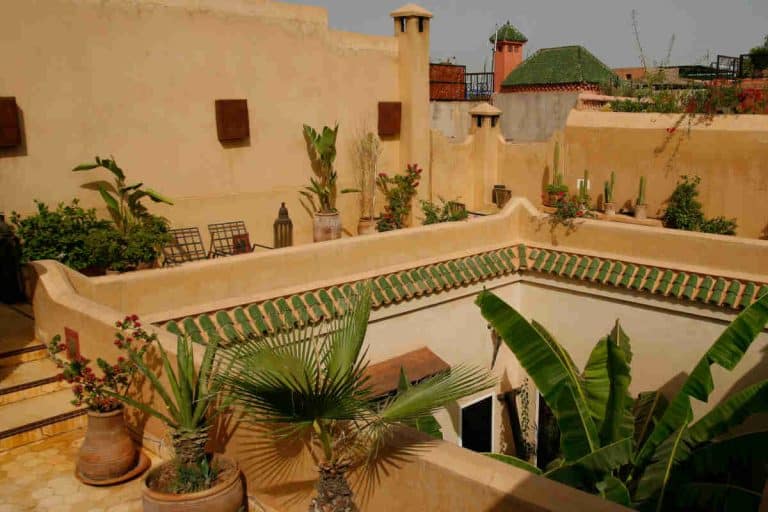One of the cultural aspects that most strikes any tourist is the custom of bargaining in Morocco: in many non-Islamic countries, this practice has fallen into disuse and is considered disrespectful. But in this country, the situation is different. However, everything has its limits, of course. So to help you in this practice and make better use of your dirhams, here are some myths and truths about it.
“All prices are negotiable”: myth
Bargaining is not practiced in all areas of daily life. In general, bargaining is allowed in tourist-oriented establishments, such as those in the souks in the medinas and in traditional storesas well as cabs. In none of these cases is the price visibly advertised. On the other hand, in establishments such as supermarkets and other places where the price is already advertised, it is understood that no negotiation is possible.
“If you don’t haggle, the merchant is offended”: myth, in part.
Handicraft traders in the medinas take it for granted that there will be a bargaining with the customer. But if they manage to sell their product for the first price offered, they need not be offended. They may be upset in their inner selves at the thought that perhaps could have asked for a higher pricebut that does not mean that they will be hostile. Yes, it will happen that way if the acceptance of this first price denotes arrogance and arrogance on the part of the customer. and arrogance on the part of the customer: in this case, it may be understood as an offense or lack of respect.
“Abusive dribbling is disrespectful”: truth
If we go to the opposite extreme, we must admit that there are also limits that cannot be exceeded. Offering a ridiculously low price for a product or wanting to obtain an excessive discount on services where the low cost leaves little room for maneuver to the merchant, can hurt the sensibility of the person who attends you, so it is better not to try. In addition, another lack of respect is bargaining for the sake of bargainingwithout being really interested in the product: you will have wasted the merchant’s time and he will feel insulted and belittled.
“The customer sets the price”: myth, and mistake.
When you approach a handicraft stall in the medina and ask the first question about the price, the merchant may reply, “How much are you offering?”. It is a clever ruse to start the negotiation: if the customer gives a figure that, through ignorance, is much higher than the merchant expected, the situation will be round for him and you will end up paying more than what you would have been entitled to. It is therefore advisable not to fall into the trap of putting the ball back in the trader’s court in order to that he is the one who sets the starting price of the negotiation.
“There is a stipulated rule about the counteroffer”: myth
As far as the negotiation itself is concerned, it is difficult to establish what the counteroffer should be after the trader says the first price. And it is difficult for one simple reason: will make you an offer following its own intuitiondepending on the circumstances he detects at that moment (your purchasing power, your level of interest, your time available to close the deal…). In a very general way, it is usually said that the following must be done a counteroffer of one-third of the requested priceThis may be appropriate at times but not so much at others. The ideal is, logically, to be well informed about the real value of the product in question, either by comparisons in other stores or by previous experiences (your own or those of acquaintances).




